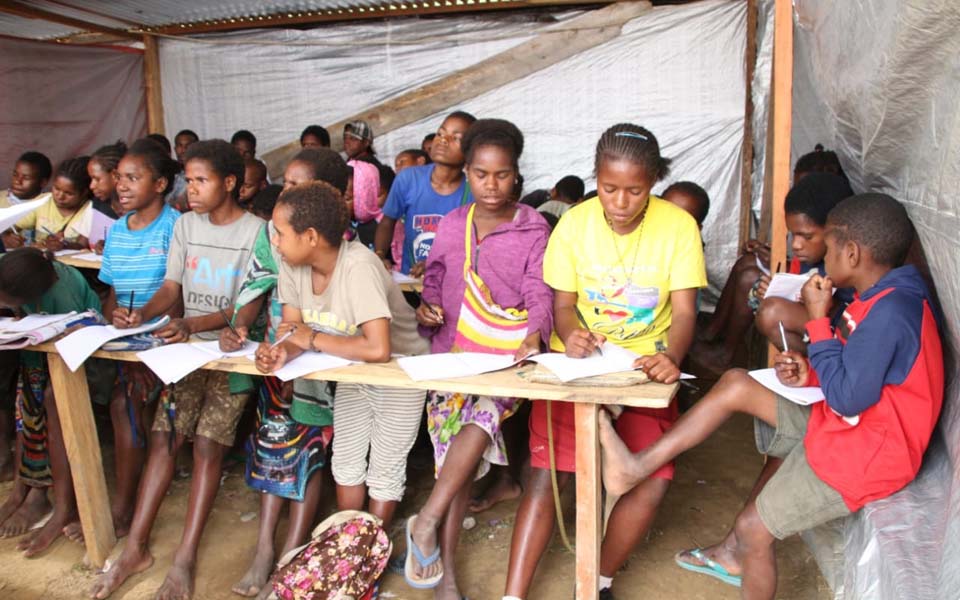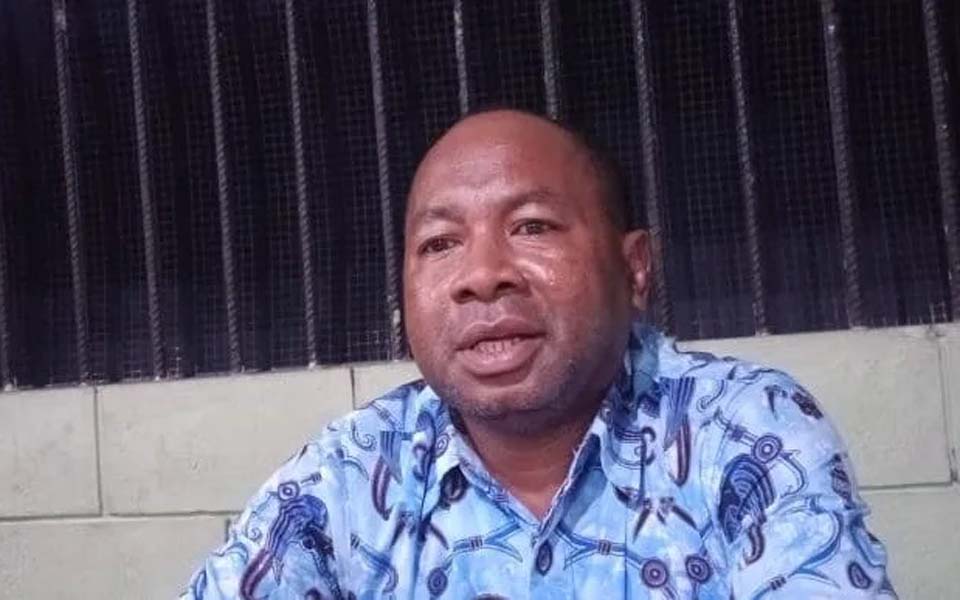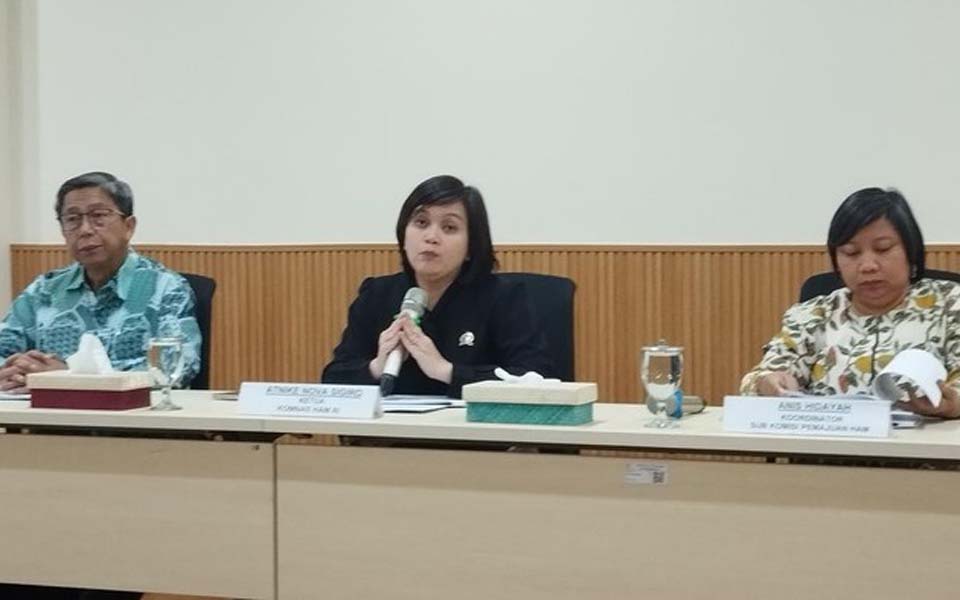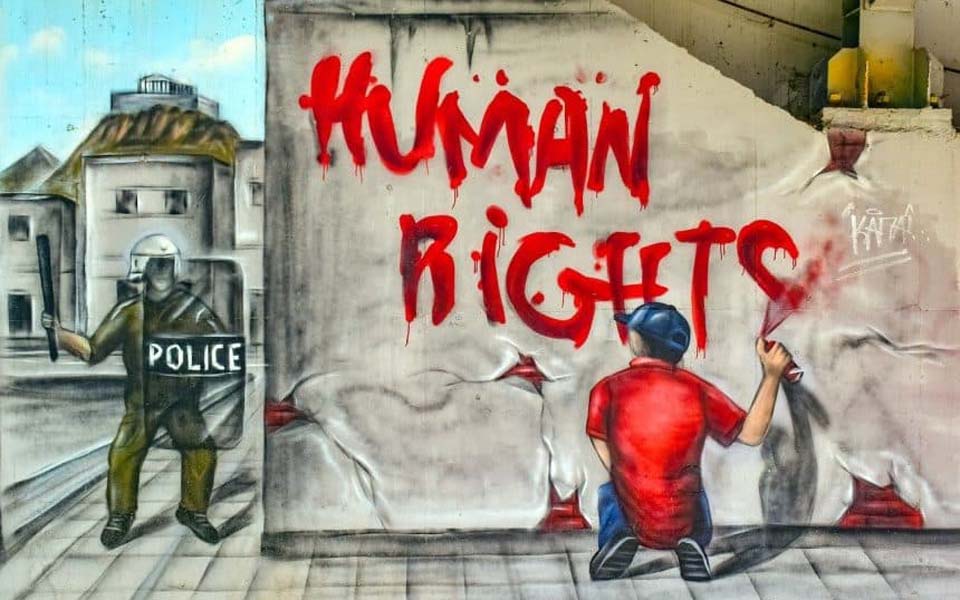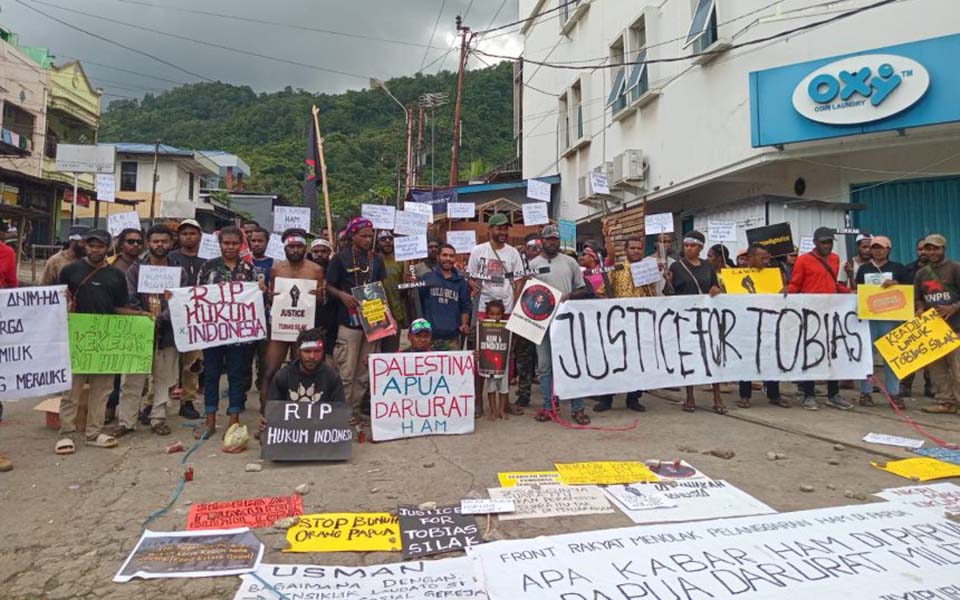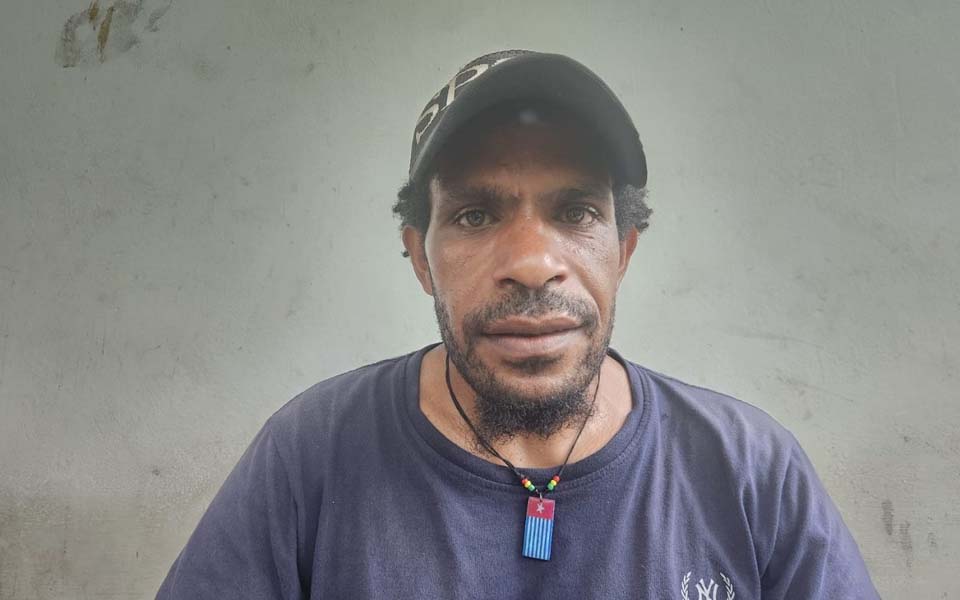Jayapura – The Permanent Peoples' Tribunal (PPT), which was established in 1979 based on the Universal Declaration of People's Rights, and in accordance with United Nations statutes, has opened procedures to investigate the impact of development on the environment in West Papua and human rights violations related to these practices.
A PPT hearing has been requested by some of the most important human rights organisations based in West Papua and Indonesia, along with leading international human rights and environmental non-government organisations (NGOs) working in the field, and coordinated by the Center for Climate Crimes and Climate Justice based at the Queen Mary University in London.
The hearings will take place at the Queen Mary University of London Mile End Campus from June 27-29, 2024.
During the public hearing, the PPT will examine evidence about the environmental impact of development in the region as well as persecution, human rights violations and extra-judicial killings committed against the West Papuan people, who have been involved in a struggle for self-determination since the start of Dutch colonialism in 1898.
Specifically, the petitioning organisations have requested that the Tribunal explore evidence of the mass displacement of indigenous people, the depletion and poisoning of water supplies and the destruction of local ecosystems related to logging, oil palm plantations and mineral extraction.
According to the indictment, the subject of the indictment is "rooted in social and economic relations which are fundamentally unequal that allows Indonesian industrial policy to be forced upon the people of West Papua outside of their will".
"Military social control techniques that accompany it guarantee the continuation of the unequal social and economic relations".
As requested, the Tribunal will move outside the legal paradigm to explore and restore, from the perspective of the people of West Papua, the relationship between the rights of the people and the rights of the earth.
In accordance with its statutes, the PPT has notified the Indonesian authorities of the indictment in order to fully recognise their right to mount a defense.
The panel of judges formed by the PPT's president and the general secretariat of the PPT consists of, in alphabetical order, Teresa Almeida Cravo (Portugal), Donna Andrews (South Africa), Daniel Feerstein (Argentina), Marina Forti (Italy), Larry Lohmann (Britain), Nello Rossi (Italy) and Solomon Yeo (Solomon Islands).
What is the Permanent Peoples’ Tribunal?
The Permanent People's Tribunal is an international court of opinion authorised to prosecute all types of crimes that cause losses to communities and minorities.
This court was established in Bologna, Italy, in 1979 thanks to the initiative of legal expert and politician Lelio Basso, based on the framework stipulated in the Universal Declaration of People's Rights (1976).
Established as a direct continuation of the Russel Tribunal for Vietnam (1966-67) and Latin America (1973-76), the Tribunal was then changed into a permanent institution, which has been able to provide a voice and visibility for people who face a lack of rights and legal immunity.
This Tribunal was built around the network of internationally recognised experts, which are then appointed as the PPT's panel of judges for each session.
Through its hearing and rulings, the Tribunal has given visibility to various cases of gross human rights violations, crimes against humanity, war crimes and genocide.
Recently, the court has expanded its scope of competency to include economic, ecological and systemic crimes. The PPT has offices in Rome at the Fondazione Lelio E Lisli Basso, via Della Dogana Vecchia 5.
[Translated by James Balowski. The original title of the article was "Pengadilan Rakyat Permanen Telah Membuka Prosedur Penyelidikan Kasus Kekerasan Negara di Papua". For more information on the Permenent Peoples' Tribunal visit: https://www.tribunalonfracking.org/.]





